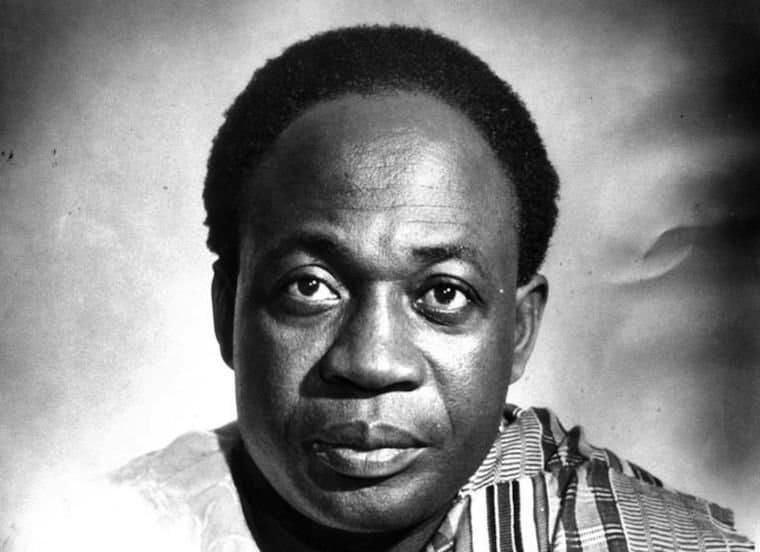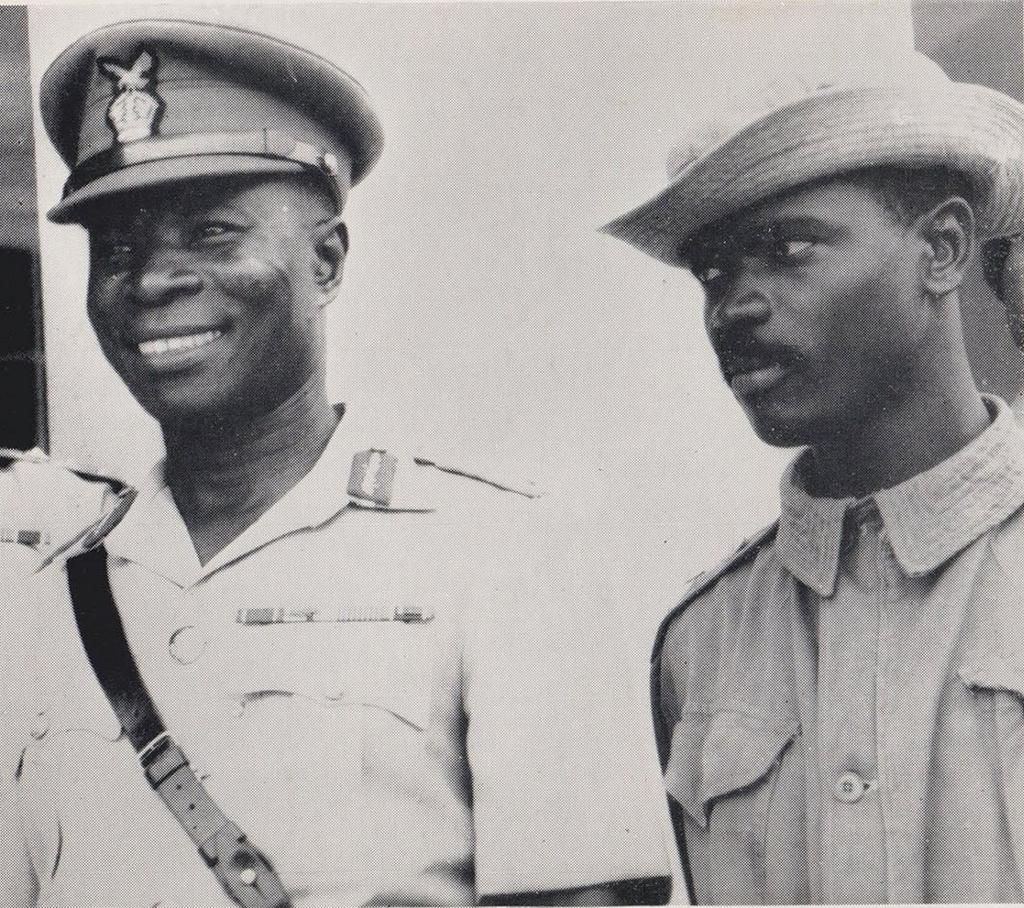Today in History, 24th February 1966: Ghana's day of shame
)
He was removed from office through a joint military and police coup.
The coup was organized by the Central Intelligence Agency (CIA) of the United States of America with the assistance of other western collaboration from the Ghana Police Service and the Armed Forces on February 24, 1966.
The Socialist Forum of Ghana (SFG) declared the day as "Ghana's Day of Shame" and it has been observed as such.
The day seeks to highlight the overthrow by the US Central Intelligence Agency and their local agents of the democratically elected government of Dr. Kwame Nkrumah.
Nkrumah was overthrown in a coup on February 24, 1966, by a group of Ghanaian soldiers and police officers led by Colonel Akwasi Afrifa and Lieutenant General Emmanuel Kotoka.

The 1966 coup was staged by the CID of the United States of America with some indigenous collaborators is so characterized as shameful because it toppled a legitimate government, and brought an end to massive infrastructure development in the country of Ghana.
History has shown us that the coup d'etat was unnecessary and devious. Those who were the willing tools of American imperialism were so myopic that they could even think through the train of events that they had unleashed. All they cared for was in wishing to be heads of states as events that unfolded revealed.
Leaders of the established 1966 military coup, including army officers Colonel E.K. Kotoka, Major A.A. Afrifa, Lieutenant General (retired) J.A. Ankrah, and Police Inspector General J.W.K. Harlley, justified their takeover by charging that the CPP administration was abusive and corrupt.
They were equally disturbed by Kwame Nkrumah's aggressive involvement in African politics and by his belief that Ghanaian troops could be sent anywhere in Africa to fight so-called liberation wars, even though they never did so.

Above all, they pointed to the absence of democratic practices in the nation—a situation they claimed had affected the morale of the armed forces.
According to General Kotoka, the military coup of 1966 was a nationalist one because it liberated the nation from Nkrumah's dictatorship—a declaration that was supported by Alex Quaison Sackey, Nkrumah's former minister of foreign affairs.
Despite the vast political changes that were brought about by the overthrow of Kwame Nkrumah, many problems remained. For example, the underlying ethnic and regional divisions within the society had to be addressed.
Before the overthrow of Dr. Nkrumah, it is fair to say that Ghana's economy was booming in real terms with a relatively strong currency, virtually full employment, thriving agriculture, and the manufacturing sector.
Long and short, Osagyefo Dr. Kwame Nkrumah is a hero of Africa and he'll be remembered forever.
)
)
)
)
)
,fit(112:112))
,fit(112:112))
,fit(112:112))
)
)
,fit(112:112))